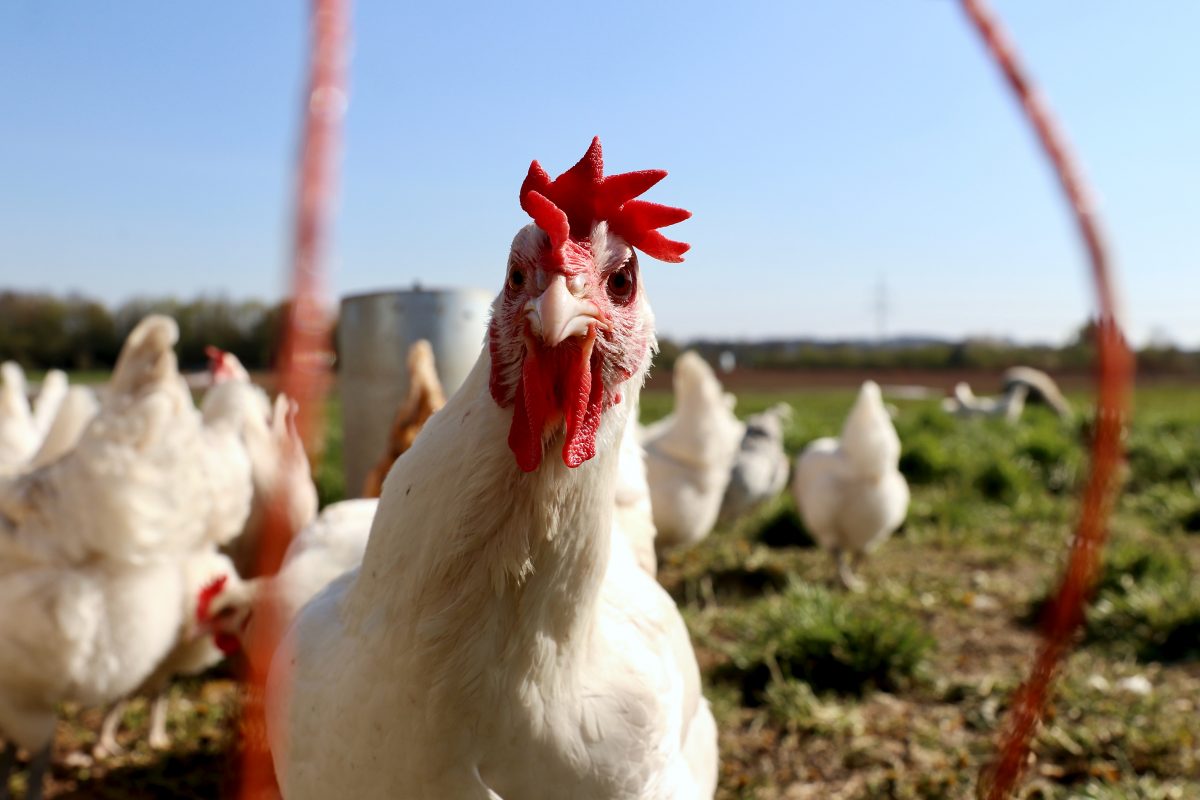Nova Scotia is on alert, and has reported multiple cases of avian influenza, a contagious viral infection that affects bird populations. There have been cases of bird flu infecting humans in the past, primarily in the early 2000s, and it does not normally affect humans. Nova Scotia farmers of chickens and other bird species are getting increasingly anxious. Presumably, a few barns in Nova Scotia have been exposed and it may have a detrimental impact on the farmers’ livelihoods.
What Is It?
The bird flu, like Covid-19, is a strain of influenza. It’s a highly contagious viral infection that can cause severe respiratory illness in birds. The virus can spread to other animals but is rarely contracted by humans. When it is contracted by humans, it can cause severe respiratory illness, and it can be fatal. There is no treatment for bird flu, and it is important to take precautions to avoid exposure to the virus.
Not The First Time
But this isn’t the first time Canada has seen the effects of the avian flu. In the early 2000’s, the bird flu was widely distributed throughout Canada. It led to devastating effects on farmers, with the virus killing millions of chicken and other poultry, leading to a massive loss in revenue. In some cases, the farmers have been forced to destroy their entire flock, leading to a complete loss of their investment. The avian flu has also had a negative effect on the price of eggs and other poultry products, which has further impacted the farmers’ income. Back in 2015, when the avian flu was first detected in North America, the price of eggs increased by 61% in some cases. However, the price has since decreased, because of the considerable number of eggs being produced. It has been a challenging time for egg farmers, as they have had to sell their eggs at a lower price, while also dealing with the cost of bird flu vaccinations and other associated expenses.
How It Might Affect Nova Scotia
This time, we are seeing bird flu close to home, right here in the Annapolis Valley. There have been at least four bird farms in the valley that have had confirmed cases. There is no definitive answer to how it may affect life in the Annapolis Valley. However, because the bird flu virus has started to spread amongst livestock, it could have serious economic and social consequences. The loss of income and jobs in the agricultural sector would be significant, and the public health and safety of valley residents could be at risk if the virus were to spread to people, though that is unlikely.
Nova Scotia’s Response
Nova Scotia farmers are already responding to the crisis. The Nova Scotia Government has also given out recommendations to farmers so that they can help stop the spread. There is a three-kilometer quarantine around the exposed poultry farms, and those affected are required to do a mass cull on sick birds. Only essential people are allowed into the quarantined farms, as per government guidelines. Eagle feeding programs have also been halted to prevent exposure to wild bird populations.
What You Can Do to Stop the Spread
Practicing good hygiene, washing your hands regularly, and avoiding the exposed animals are easy ways to protect yourself against the flu. Other recommended guidelines include avoiding exposed animals; if you see a dead bird, cover it so that scavenging animals do not contract bird flu, and contact your local wildlife services.
To read more on bird flu in Nova Scotia click here.
